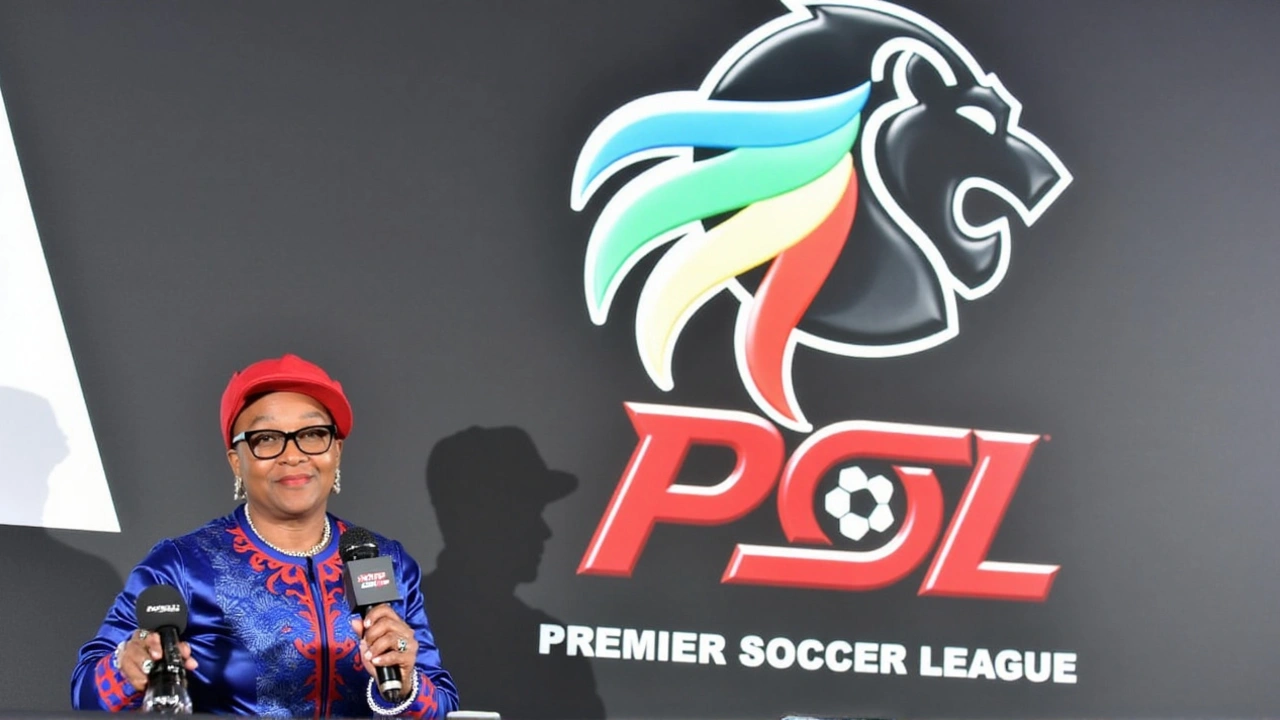Match-Fixing Prevention: Keeping Sports Fair and Fun
Match-fixing is one of the biggest threats to sports worldwide. It breaks the trust fans have in their favorite games and damages the spirit of fair play. But thankfully, many organizations and sports leagues are catching on fast and working hard to stop this dishonest behavior from ruining the game.
So, what exactly is match-fixing? It’s when the outcome of a game or specific events during the match are secretly arranged by players, referees, coaches, or others for personal gain, usually linked to illegal betting. This cheating takes away the genuine competitiveness, turning a thrilling game into a scripted show.
How Do Authorities Catch and Prevent Match-Fixing?
One of the most effective ways to fight match-fixing is by monitoring unusual betting patterns. Betting companies use technology to spot strange activity that might suggest a fixed match. At the same time, sports bodies educate players and officials about the dangers of fixing and encourage them to report any suspicious behavior.
A popular prevention tool is having strict rules with serious penalties. For example, anyone caught fixing matches can face long-term bans, fines, or even criminal charges, depending on the country’s laws. These strong consequences help discourage cheating and keep players honest.
Why Does Match-Fixing Prevention Matter So Much?
Without fair competition, fans lose interest. Players who work hard could get robbed of their achievements by those cheating behind the scenes. Plus, match-fixing can impact the economy connected to sports, including sponsorship and broadcasting deals.
Keeping sports clean also involves everyone—from the athletes and officials to fans and media. The more awareness grows, the easier it is to stop dishonest actions early. When you enjoy a match, you want to know the players are giving their real best, not acting out a script.
In a nutshell, match-fixing prevention is about protecting more than just the scoreboard. It’s about holding onto the excitement, the unpredictability, and the respect that make sports worth watching.
PSL Enforces Betting Ban on Players to Uphold Game Integrity
The Premier Soccer League (PSL) has prohibited its players from betting with Betway due to recent match-fixing scandals. Acting CEO Mato Madlala highlighted the need to maintain game integrity and prevent betting-related corruption. Violators could face penalties, including fines and suspensions, as the PSL collaborates with SAFA to enforce the ban and educate players on its importance.
Julian Parsons | Sep, 5 2024 Read More
